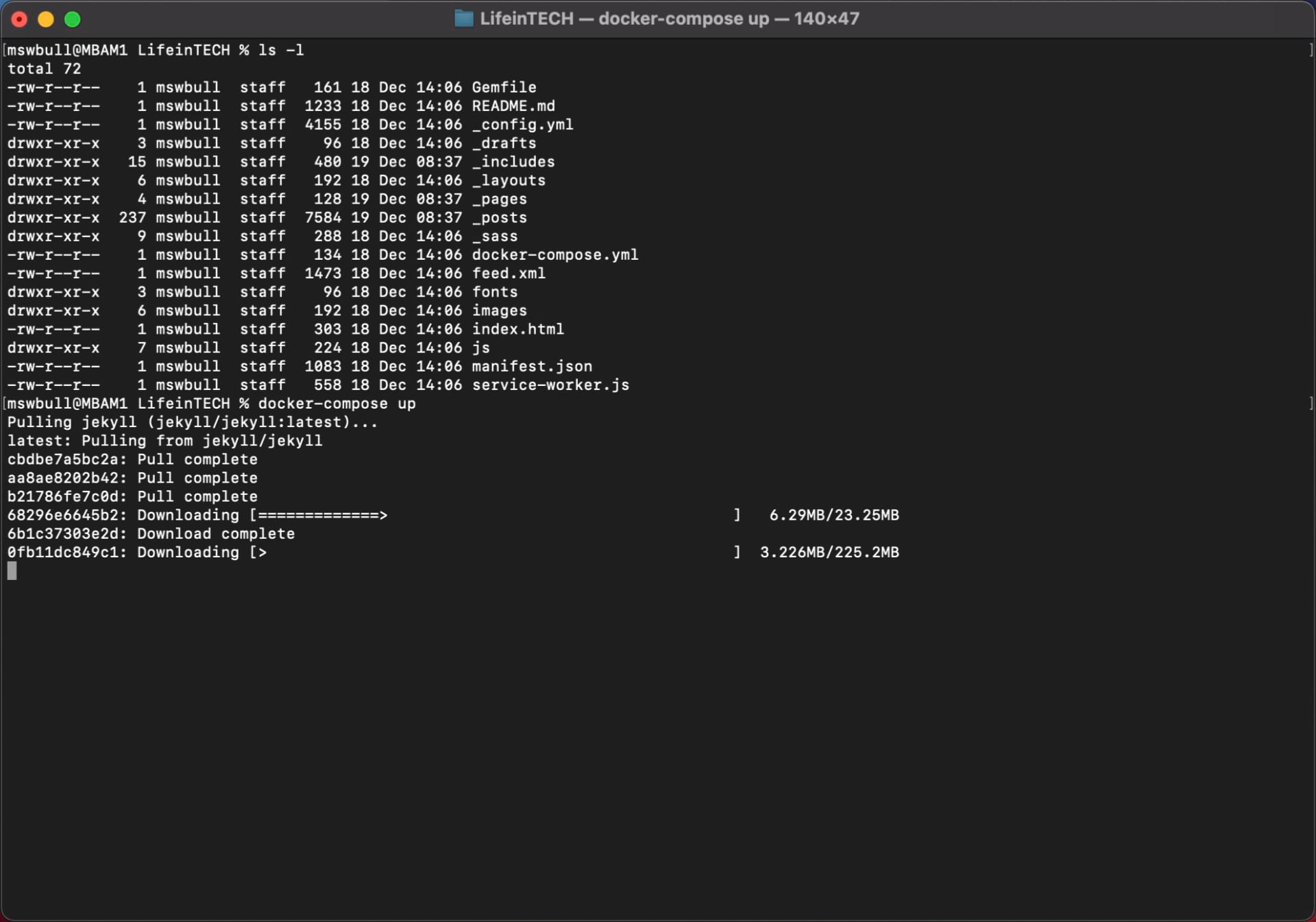

The defaults are pretty safe, but I like to live on the wild side. I'm familiar with the way that the Docker networking works (and that 172.x.x.x IP above is indeed the IP address of my Plex container). If this is your first time, you will be asked if you like the defaults or whether you want to change any of them. In order to let lima know you are ready for some fun, you need to start it.
DOCKER FOR MAC NETWORK SETTINGS INSTALL
You can install lima with this command: $ brew install limaĪfter installation, which might take a while, it is time to begin having some fun. One of the easiest ways to get lima running is with Homebrew. There is no reason to go to all that effort, when the lima project has figured out the details. Especially if you want to make the network connections a bit more seamless by using vpnkit, an open source project to create a VM's network that feels more like part of the host's network. This would be a lot of moving parts, and sounds like a lot of work. You can grab hyperkit, a minimalist Linux distribution running a container manager, and plumb all the pieces together. Open the 'Docker' application (by double-clicking in Applications Folder or single-clicking in Launchpad). Unlike, say, VirtualBox, it does not come with fancy UI features to manage VMs. The hyperkit tool is designed to be a "minimalist" VM runner. x-mutagen: sync: defaults: ignore: vcs: true code: alpha: '.

Configuration with docker-compose is easy, you need to set up volume first. The hypervisor is a low-level kernel feature, not a user-facing one.Įnter hyperkit, an open source project that will run VMs using the macOS hypervisor. What is interesting for all Mac users is that Mutagen can be used with Docker on Mac, as a tool for syncing files between host and docker volume. Luckily, macOS has a built-in hypervisor, allowing virtual machines (VMs) on the Mac. eBook: Kubernetes patterns for designing cloud-native apps.



 0 kommentar(er)
0 kommentar(er)
